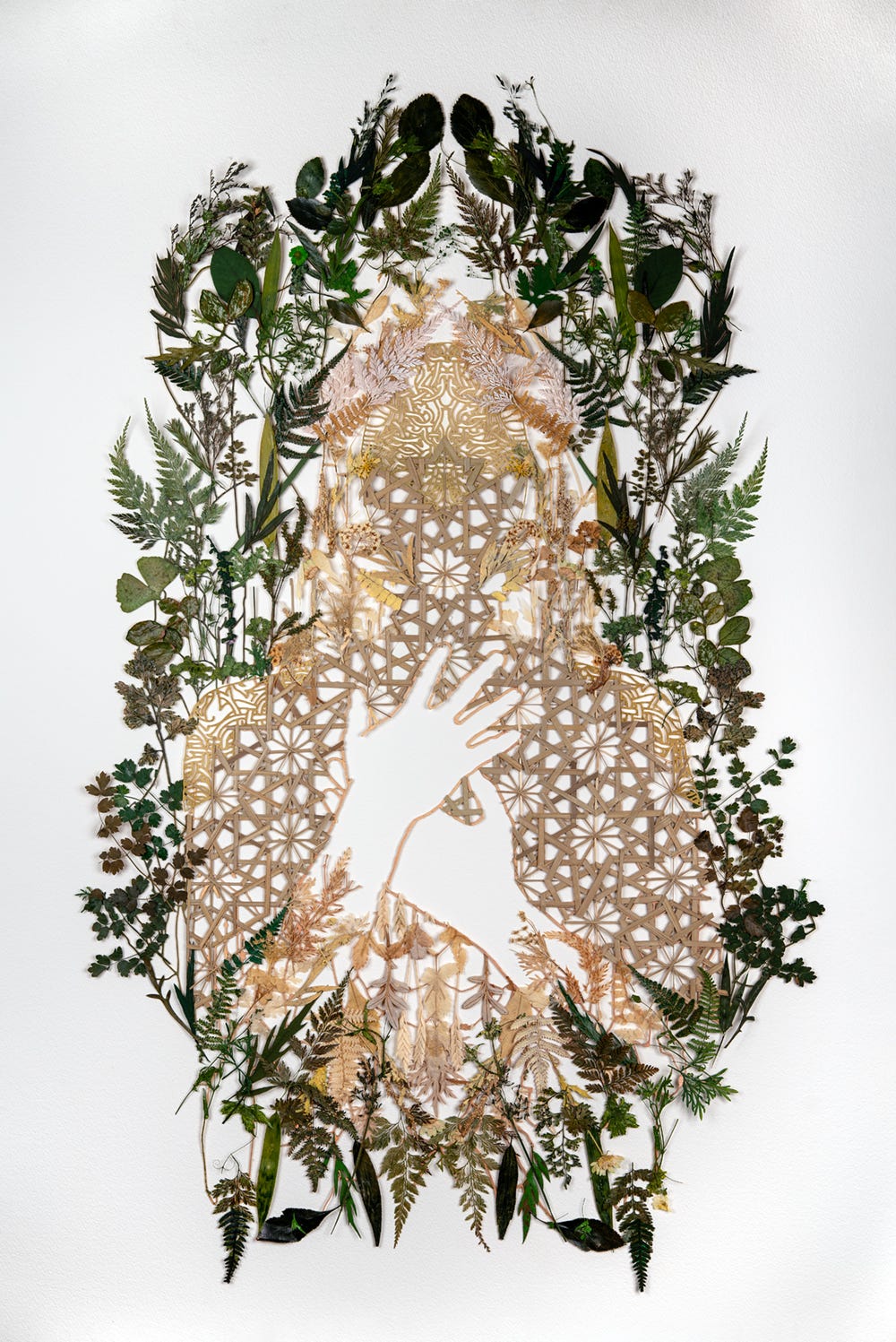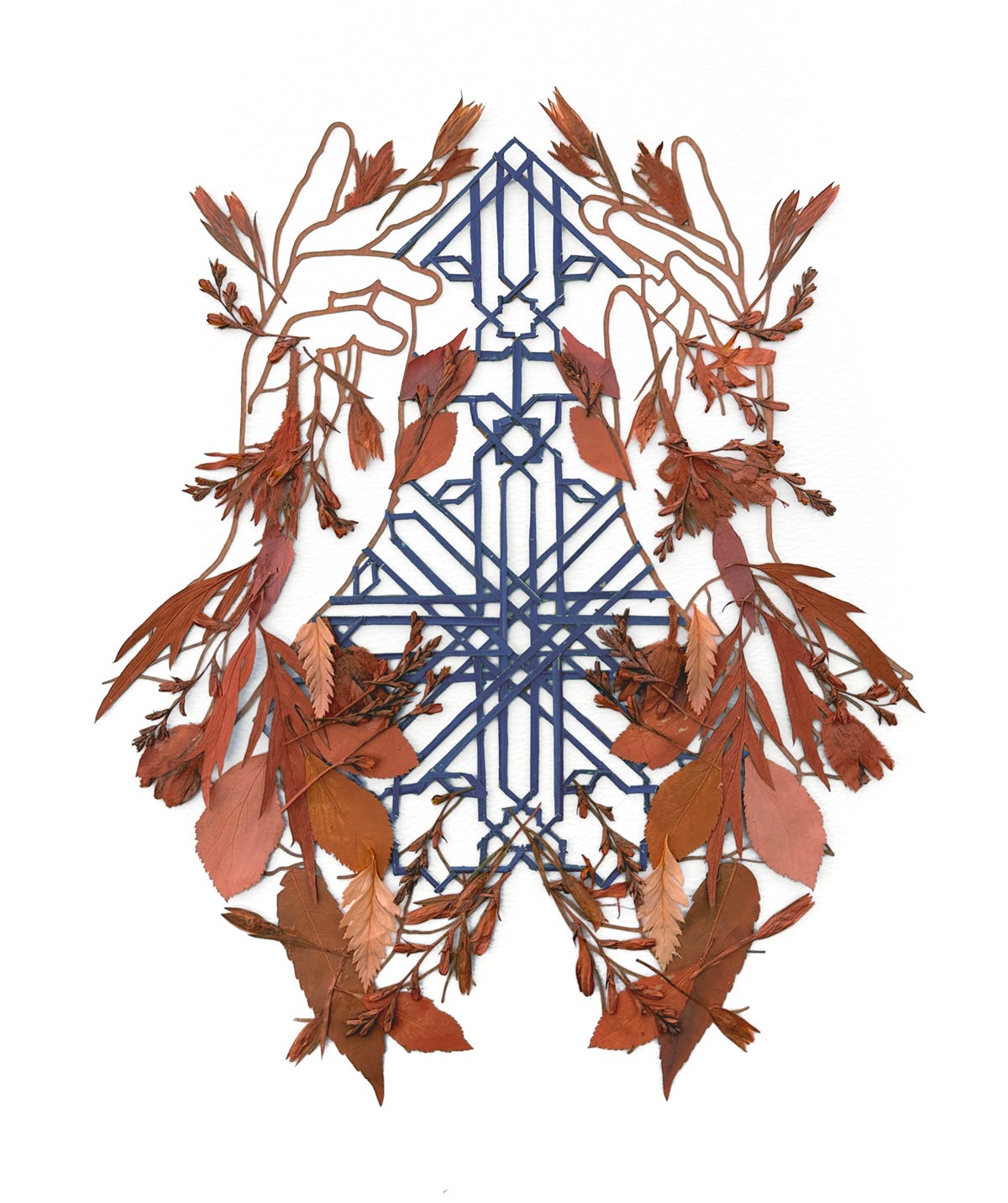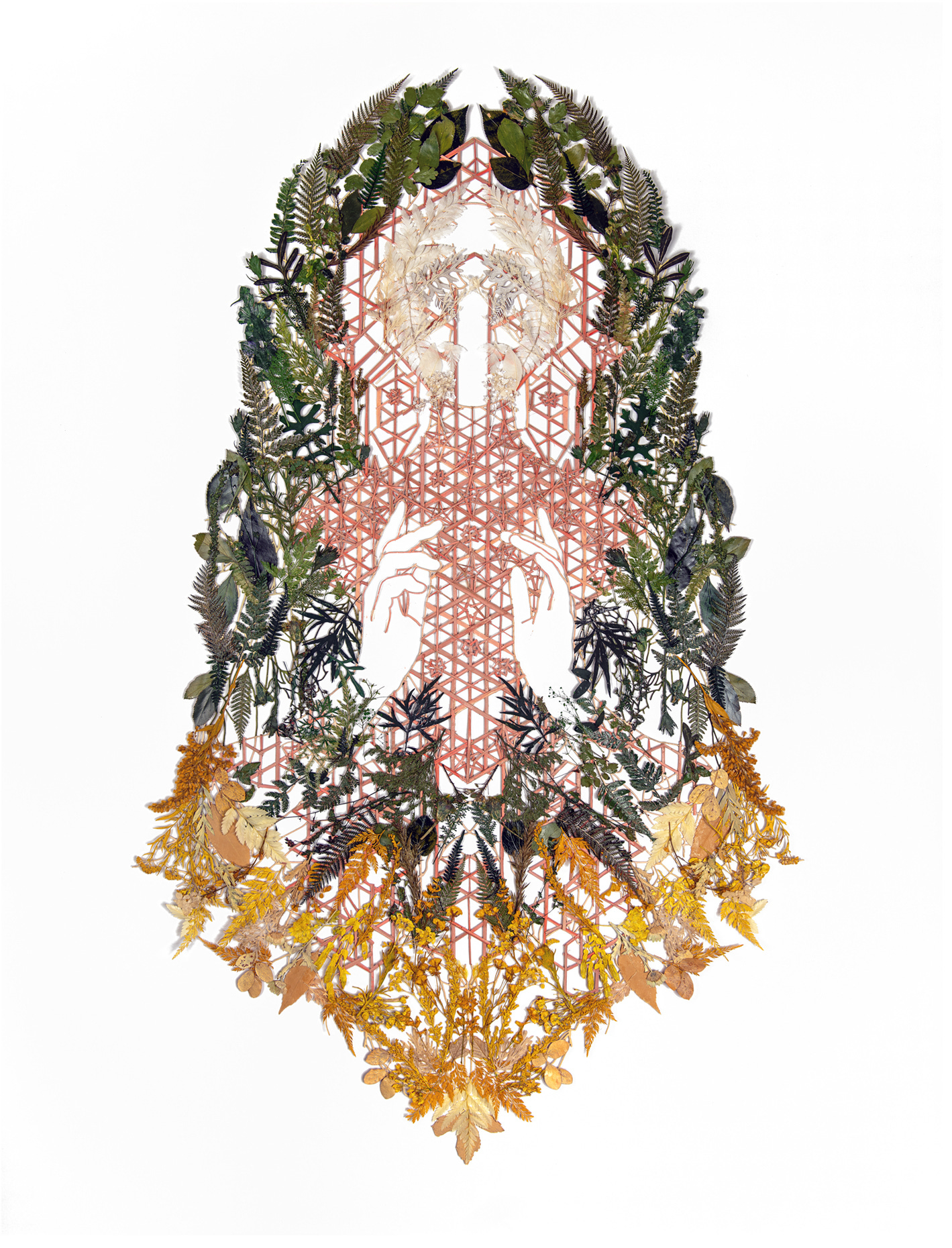Most of my life, I loved all people. That may sound disingenuous, but it’s true. As a Christian, a follower of Jesus, it was important to me to try to love people as I thought God loved them—without noticing labels, without thinking about political affiliation or whether or not they shared my own type of faith. But for a time, I renounced all that because I thought there were some people, those people, who deserved to be hated. Those people, I am ashamed to admit now, were Latter-day Saints—the very people who ended up changing my life in ways I never expected. Isn’t it so like God to turn something hurtful into a blessing beyond measure? Here is the surprising story of how Latter-day Saints changed my life.
In 2011, I was recruited to Salt Lake City to start a new LGBTQI+-affirming congregation for the United Church of Christ. I arrived just in time for the annual Utah Pride Festival, and the new church grew rapidly. We rented space in a charter school and immediately began an outreach for youth experiencing homelessness. We worshipped every Sunday and then cooked hot, nutritious meals that we delivered to sixty or so homeless youth in and around Salt Lake. These teens and children lived in camps, squats, railroad cars, and empty buildings, hiding in plain sight. Utah was well known nationally at the time for rampant youth homelessness and, later, when we had the resources to track actual numbers, we found that five thousand young people—children as young as ten years old—experienced homelessness annually in Utah. About 42 percent of these young people identified as LGBTQI+, and about half had been kicked out of a religious home.
These numbers don’t even begin to hint at the lived reality of distress and loss that I encountered every day—teenagers and children who were discarded and kicked out of their homes (especially at major holidays, such as Christmas), young people who saw no future for themselves and sank into depression and suicidal ideation and completion. I became the executive director of an LGBTQI+ youth center in Ogden, and of the seven hundred youth who came through our doors every month, one-third were experiencing homelessness, and everyone knew someone who had died by suicide. One young person had lost nineteen friends to suicide.
Being new to Utah, I readily absorbed the attitudes of LGBTQI+ and allied circles at the time: the LDS Church was to blame; LDS members were to blame. In fact, religion itself was to blame.
And so, I left my parish ministry and became a crusader against religion, an activist who was increasingly angry. I was mostly angry that I couldn’t find any help for these young people. But if I’m honest, I was also angry because my own tactics of shaming and blaming others weren’t changing anything at all. In fact, things were getting worse. Because they were unaccompanied minors, these homeless LGBTQI+ youth and children were barred by state law from accessing shelters. That meant that sexual predators and human traffickers had a constant stream of children to target. Within thirty-six hours, almost every single young person experiencing homelessness would have some contact with a predator or trafficker, with results ranging from assault to being given drugs and waking in the back of a U-Haul trailer in a place far from their home. Others died. There is a place above Salt Lake City called Suicide Rock, a tragic testament to what life for LGBTQI+ youth had become.
I continued my crusade against churches and Latter-day Saints, in particular, until I had my own Damascus Road moment—an experience that changed my life dramatically and forever. I met a Latter-day Saint, Laura, who I eventually realized cared as much about LGBTQI+ youth as I did. In the beginning, she was not an ally. Her traditional theology wasn’t what we call “affirming” of LGBTQI+ people. I hated her at first, of course. But on the day my life changed, I saw that despite our differences of religion, politics, ideology—everything, really—her heart was a mirror of mine. After meeting a twelve-year-old LGBTQI+ boy who had been kicked out of his home, her heart changed. I could tell that she cared. She actually cared about LGBTQI+ young people. And not only did she care, she immediately went to work. She rallied her Relief Society friends to gather hundreds of coats for homeless youth. And then, because she was a Utah legislative aide, she got to work changing the law so that unaccompanied homeless youth could legally access homeless shelters in the state. Next, she went to work on suicide prevention and, after shepherding five laws through the Utah Legislature, she worked on creating a suicide prevention hotline that would help LGBTQI+ young people. I had told her that when young LGBTQI+ people called the existing hotline, they were often hung up on. So, she changed that—for Utah, and then for the entire country.
God saw my hard, hateful heart and didn’t give up on me. Instead, God sent someone to change my life. I know now that my calling from God is to tell my story and to encourage others to look for the surprising people who, though different from us, can join us in making a positive difference.
Many kind people thank me for my change of heart, but I don’t deserve any thanks. Like the characters in some of the stories we read in the Bible, I wasn’t interested in being loving. I was like Jonah, who fled from God’s call. Jonah ended up in the belly of the whale before repenting and becoming a great prophet—or so the story goes. Saul of Tarsus persecuted and killed Christians before he was struck blind for a time on the road to Damascus. He repented and became the Apostle Paul, an inspiration to Christians all over the world, both then and now.
I’m not a hero like them. But I am someone that God decided to touch and teach a message that is now a gift for me to share with others. It is my calling from God to be honest with my own story, to be frank about the lessons and truths I have learned, and to be a human bridge for healing between frightened and hurting people.
One of the gifts God gave me that day on my own Damascus Road was an unshakable Christian faith and, along with that, a blessed release from the fear and hatred that had hardened my heart and shuttered my soul.
I learned how to stand strong in faith and to reach out with love. I learned that we need to free our hearts and our souls to shine with the love that has been given to us, to put our faith into action, to be strong in what we believe, and to reach out with courage to those who are different from us.
You will have to find your own way to do this, but for those who are interested in how I learned to stand strong in faith and reach out with love, here, in sum, are four simple truths I learned from my Latter-day Saint friends.
One: Know What You Believe
This may look different for you than for others. I have friends who are renowned religious scholars. They speak and write beautifully about scripture and theology. Their faith and beliefs fill books and sermons—gifts to all of us. Perhaps that is you! If so, thank you. Your scholarship is life giving. Jim, my advisor from years ago, is such a man. He is a New Testament scholar who shares insights and lessons that continue to inspire new thoughts in me and others.
Or perhaps you are like my friend Jan. One day she said to me, “Marian, I know I should be more interested in the theology of the church, but really, what is important to me is just following Jesus and knowing Him better.” Jan puts her simple faith into action, helping people who are homeless, like she once was.
Is one way better than the other? I don’t think so. The lesson for us is to simply know who we are, who God made us to be, and to understand our own faith.
Two: Be Courageous
I learned the hard way that my fear was masked as hatred, and my hatred was killing the best parts of me. One of my favorite authors, Anne Lamott, writes in Traveling Mercies: “Not forgiving is like drinking rat poison and then waiting for the rat to die.”
I thought that my hard edges and sharp elbows kept me from the impurities of evil people. Instead, I was keeping the light of diversity from warming my soul. I needed these people I was holding at a distance. I need the world that God made, not the one I tried to make in my own image.
To accept that we need others and that we might be wrong about them requires genuine courage. We have to believe that our faith will only grow from being exposed to the faith of others. There is a warning sign I watch for every day: if someone’s faith, belief, or perspective makes me defensive, I am not being courageous in my own faith.
One day, shortly after I’d moved to Utah, I met a man of faith, a prominent Latter-day Saint. I knew he was working in powerful ways behind the scenes to help LGBTQI+ people. I didn’t understand why he would risk so much for someone like me who didn’t share his religious beliefs when his religion isn’t theologically affirming of my same-gender marriage. So, I asked him: “Why do you care, why do you do these things for me and people like me?” He reached out and took my hand and looked into my eyes. Then he slowly said, with the hint of a shy smile: “It’s my faith. It’s because of my faith, you see.”
Every day I try to have that courage.
Three: Solve Problems
This man was working to solve a problem—the problem of the perceived competition between traditional Christian religious belief and LGBTQI+ dignity. He realized that, while he didn’t believe in same-gender marriage, his belief in loving others meant that our conflicting beliefs could coexist in harmony.
There are two reasons why problem-solving is an important part of standing strong in our faith: 1) through working together to find harmony, we learn to appreciate each other’s faith, beliefs, and perspectives, and 2) together, we are much more powerful and innovative than any of us can be on our own. Laura, for example, had ideas for solving the homeless youth problem that I’d never thought of. Laura didn’t need to change her core beliefs—and neither did I. But working together, and with others, we found a solution.
Four: Make Friends Who Are Different from You
My LGBTQI+ friends often say: “I want to meet a Laura!” And my Latter-day Saint friends often say: “Why aren’t there others like you?” The truth is, you already know Lauras and Marians, and others who are even more exceptional.
The key is letting your soul shine and then watching for those who enter into your expanding circle of light.
Listen to that voice in you, that prompting, that whisper (or maybe it’s a loud shout!) that tells you to care. What you care most about, whether it’s your church, our country, homeless youth, suicide prevention, strong families, education, the environment, democracy—whatever it is your soul longs for—that is your light, your calling, your superpower.
Look for others who share that same light, whoever they are, and get to know them—especially those who are surprising or have a different perspective and yet share your passion. Then find your harmony, the music that is uniquely yours and that, combined with the music of others, makes a pleasing sound—a sound our world needs.
You need to lean into your courage to do this. Don’t be afraid. “Fear not!” is the most often repeated phrase in the Bible, occurring 365 times. This injunction reminds us that fear is the enemy of faith. When you reach out in love to someone surprising, notice any fear you may feel, and then smile at your courage. Listen to your soul, live your authentic faith without fear, lean into the moments you feel defensive, and let your heart shine with love.
Our world needs you—the real you, the courageous, faith-filled person of integrity that can love and work with others (even scary people like me; even scary people like you) to solve problems. We are all just people, beloved people at that. And our hearts and souls were made to shine!
Rev. Dr. Marian Edmonds-Allen’s call from God is to be a healer of divides. She is the executive director of Parity and the author of Covenantal Pluralism, Religious Freedom and Mission: Evidence for Healing the LGBT and Faith Divide.
Art by Elise Wehle.










